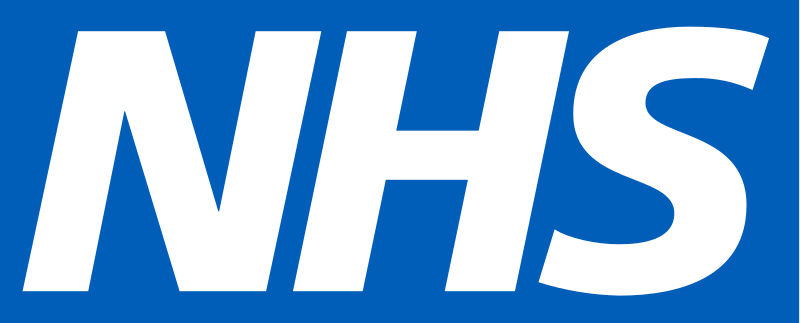By Dr. Daniel Lichtenstein (MD, MHA, MPA) & Christian Lyons
Some people consider the profits of private companies to be counter to the principles of public service provision. This is especially so in the context of NHS health care provision. Politically it is a highly contentious issue. Should these profits be viewed as a drain of the public purse or could it be argued that company profits drive a more cost effective, and ultimately a more compassionate provision of the services provided?
Professor Briggs’ recent comments about efficiency savings may have caused a furore, but an open and honest debate about sensitive matters like these is what is needed to bring about much-needed change within the NHS. Simon Steven’s Five Year Forward View identified a need to move much of secondary care provision into the community, pointing towards more private provision within the NHS, which in turn could actually save the NHS money.
My experience of working within both NHS public hospital dermatology departments and NHS community-based dermatology services that company profits focus the minds of the teams responsible for services; this benefits patients and service commissioners alike. The intermediate dermatology service I work for in Croydon, Communitas Clinics, will typically see most patients within 2 weeks of their referral being received – this compares to a wait of more than 16 weeks at the local trust. It is on this point that it can be argued most strongly that private provision is more compassionate than public provision; in its ability improve patients’ experience regarding the availability of clinical services.
Commissioning authorities will expect a private dermatology provider to treat the same patients for no more than 60% of the national tariff paid to hospital trusts. I feel the clear lines of accountability adhered to by private providers contribute to much of their success in keeping waiting times down. The short contracting terms of most private providers’ contracts, which are typically 2-3 years long, enforce higher standards of care. Local commissioners of NHS services can insist on good services and private providers know this.
Truly excellent customer service is only delivered when it really matters to the individuals delivering a service. Every member of an organisation should buy into company values and fully understand the importance of exceptional standards of delivery. This is traditionally viewed as a commercial approach, but it has its place in the public sector.
One reason given by the British Medical Association for supporting public over private provision is a concern that private provision destabilises the NHS and causes fragmentation of services. The NHS is, however, already fragmented and always has been. The service requirements and typical health conditions of patients in Chadlington, Oxfordshire will differ drastically from those of patients living in Inverclyde’s Greenock; despite being a nationally provided service, adjustments have to be made on a local level to accommodate the population therein.
Better communication between public and private providers is needed to limit the fragmentation of patient journeys. This can only be fully realised when both public and private providers recognise the benefits of both types of service delivery and the challenges that each face. Synergy rather than competition is what private and public providers should strive for. Where applied appropriately private NHS providers can actually improve standards of delivery. Smaller private providers must be solution-focused to survive. This forces them to place greater emphasis on process redesign to resolve issues that improve delivery, and a private provider’s default reaction to resolving issues within an NHS service is not that more funding is required. A commercial approach seeks to improve reporting, deliver a more granular analysis, improve visibility and adopt other similar tactics. Private companies will, of course, have to factor in profit margins, but if services are delivered at a lower cost, with better customer service and a more compassionate delivery, that can only help improve our NHS.
The BMA supports a publicly funded and publicly provided NHS, but also General Practice provision which is not generally provided by public bodies. Primary care instead, has been provided through GP contracts for so long that the fact that GPs are private contractors has almost been forgotten. GPs are firmly considered part of the NHS family. Perhaps over time, other private providers will also gain acceptance as an integral part of the NHS, and in doing so gain acceptance and inclusion into this esteemed group.
Daniel Lichtenstein is a Consultant Dermatologist who has extensive experience of working in public health and for private providers. He is a published author and has presented to medical bodies including the British Association of Dermatologists.
Christian Lyons is the Managing Director of Communitas Clinics which currently delivers several NHS intermediate dermatology and Ear Nose and Throat services


